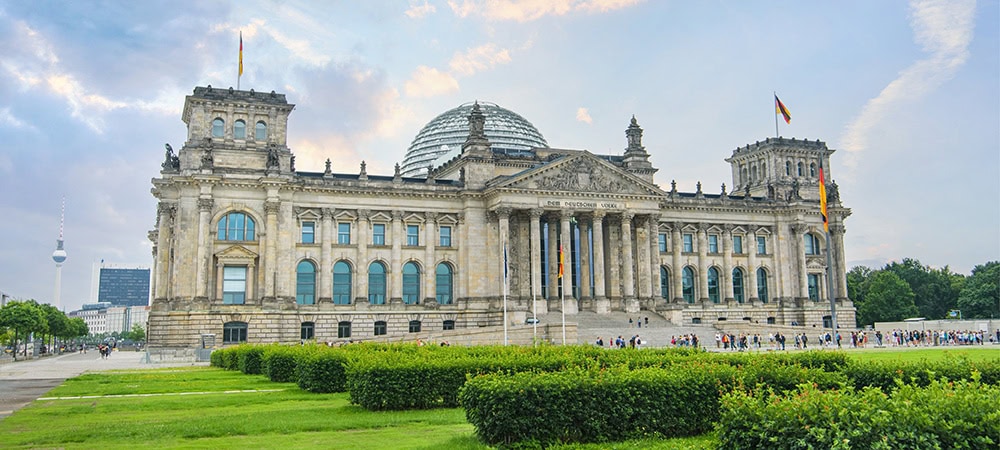

The business world is undergoing rapid change as a result of digitalization. New technologies are increasingly demanding their place and it is becoming more and more difficult for companies to maintain an overview.
In a recent study, IT service provider Dimension Data shows which innovations will actually be decisive for success in the new year. The result: tomorrow's technologies are not new concepts.
However, it will be interesting if individual technologies are no longer used in isolation but are combined with each other. This could significantly accelerate development in many areas.
Blockchain, machine learning, robotics, artificial intelligence and wireless technologies will fundamentally change both the economy and society in the new year. This is the conclusion reached by IT service provider Dimension Data, which has identified the global IT trends for 2018.
According to the surveys, the greatest potential for the future of companies lies in blockchain. The technology behind the cryptocurrency Bitcoin became widely known back in 2017 and could soon significantly change the financial sector as well as other areas of the economy.
Jan Willem Dees, CEO of Dimension Data Germany, predicts a stellar career for blockchain in the economy:
"We had already predicted in 2017 that the existing centralized transaction models would come under pressure. We were right: the capital markets have turned to blockchain platforms in the US as well as in Europe and parts of Asia.
This is remarkable when you consider that the financial sector is considered one of the most conservative of all and focuses very strongly on compliance guidelines."
Dees also says that the Internet of Things (IoT) will continue to evolve as a result of developments in the blockchain sector.
"The Internet of Things generates millions of tiny transactions that are collected by distributed sensors. To cope with such dimensions, a peer-to-peer approach is needed, which only blockchain currently offers"
says Dees.
In particular, blockchain can be used to improve the security of internet-enabled devices. Cyber criminals are increasingly misusing insecure IoT devices for their attacks.
At the same time, there has so far been little incentive for manufacturers to invest in protection mechanisms. The blockchain could drastically increase security in the Internet of Things, as it is considered impossible to manipulate and the transaction costs are still low.
As massive changes are also expected in the field of wireless technologies in 2018, the Internet of Things could be on the verge of a breakthrough. The expansion of Wi-Fi networks means that ever larger amounts of data can be processed in ever shorter periods of time. This makes both the fast connection of numerous household appliances via the internet and the practical integration of blockchain technologies possible.
The way back to the top
In 2018, companies that have been established on the market for a long time and have struggled with the speed of agile start-ups in recent years will successfully reposition themselves on the market.
This is particularly true for those companies that have proactively driven forward their digital transformation. Where IT infrastructures have been modernized and work processes automated, important market shares can be regained in 2018.
"I assume that numerous companies that have been operating on the market for a long time and have now successfully transformed themselves will regain their place at the top in the medium term.
In contrast to their often less experienced competitors, they have more credibility, a longer company history and a stable customer base"
says Dees.
"These companies benefit from the values they have built up over decades. At the same time, however, they must invest in innovations in order to meet the demands of customers in the future.
The successful use of new technologies and digital services can take companies a long way forward in a short space of time - if they skillfully combine cultural change with corporate traditions.
As the speed of innovation is constantly increasing, it is difficult to catch up on developments that have been missed in the long term - what is needed is continuous commitment in order to stay ahead in the digital business world in the coming years."






